“Just tell me the truth.”
It’s a common plea in relationships. A partner longs for honesty, for openness, for clarity. And yet, in the very same relationship, when the truth is actually spoken, it can land like a punch to the gut.
This is one of the most painful paradoxes I see in couples: we say we want the truth, but when it arrives, we struggle to handle it. We respond with anger, defensiveness, hurt, shutdown, or blame. We push back or pull away. We make the truth costly.
And then what happens?
The truth becomes more rare.
Not because our partners are liars, but because they are human. Because they are afraid of hurting us. Because they want to avoid conflict. Because when the truth becomes a guaranteed fight or wound, it becomes easier to soften it, hide it, or avoid it altogether.
Truth-telling becomes unsafe.
And yet without the truth, relationships lose their depth and vitality. They become confusing. We don’t know what our partner really feels or wants. We feel disconnected, even if everything seems “fine” on the surface.
So how do we change this dynamic? How do we become partners who can hear the truth, even when it stings, and still stay connected?
Here are a few places to begin:
1. Get clear on what you’re asking for.
When you ask for honesty, are you ready for it? Are you asking for your partner’s truth, or are you asking for reassurance? Are you seeking to understand, or to be comforted? These are both legitimate needs, but they are not the same thing. If you want the truth, you have to create space for it to be different from what you hope to hear.
2. Recognize that truth and kindness can co-exist.
Truth doesn’t have to be brutal to be honest. And kindness doesn’t have to mean sugarcoating. Couples who communicate well work on both sides: speaking honestly with care, and listening with curiosity and courage. You can say hard things in ways that are respectful and grounded.
3. Check your response.
If your partner tells you something vulnerable, pay attention to how you react. Do you get defensive or critical? Do you shut down or retaliate? These reactions are normal, but they often teach your partner that honesty is dangerous. If you want more truth, you have to make it safe to tell. That doesn’t mean you can’t have feelings about it. It means you try to stay open long enough to really listen.
4. Don’t confuse conflict with harm.
A truth that creates conflict is not necessarily harmful. Conflict is uncomfortable, but it’s also necessary for growth. You can disagree, get hurt, or feel upset, and still move forward in love. The key is what you do next. Can you return to the conversation? Can you stay engaged and respectful even when things feel messy?
5. Practice mutual responsibility.
It’s not just your partner’s job to tell the truth. It’s your job to help make that possible. Likewise, it’s your responsibility to speak your own truths instead of suppressing them to keep the peace. Healthy communication takes both people working toward a shared goal of honesty, safety, and connection.
Being in a relationship means being willing to risk. Risking vulnerability, risking discomfort, risking the rawness of being truly known. But the reward is real intimacy. The kind where you don’t have to guess or pretend. The kind where truth becomes the bridge, not the bomb.
If you want more honesty in your relationship, don’t just ask for the truth. Build a space where it can live.











